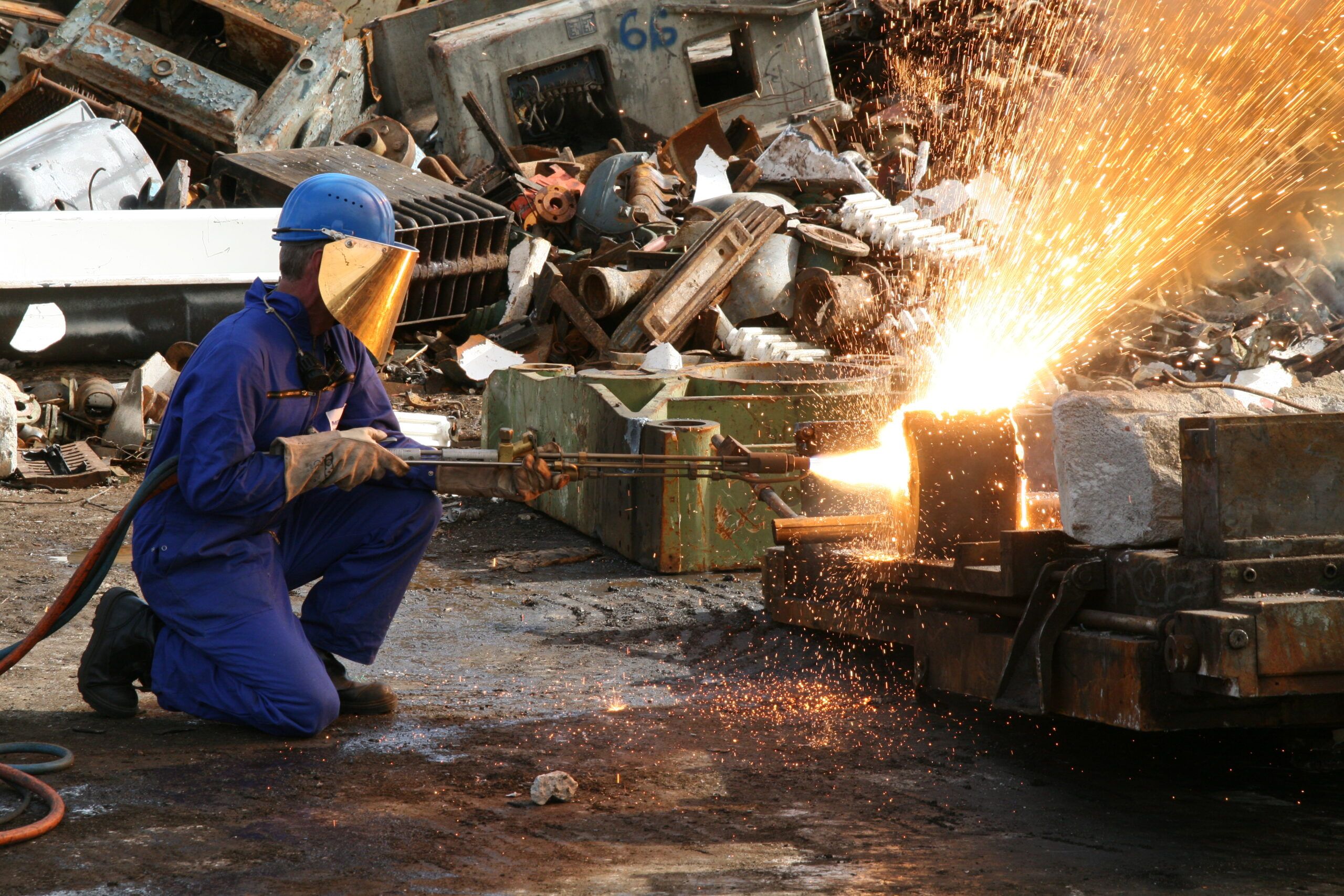
The recent decision by the Argentine government to simplify steel imports into the country has caused deep concern in the national steel industry. The measure, announced by the Minister of Economy, Luis Caputo, aims to reduce the so-called “Argentine cost” and promote competition and lower prices in the domestic market. However, the most important companies in the sector have warned about the probable negative impact that this decision will have, especially in relation to unfair competition from China.
Negotiations between government authorities and steel companies have been anticipating this change for months. While the measure did not come as a surprise to companies, uncertainty about its scope and implications has generated a significant sense of unease.
In the announcement made by Caputo through social media, the main emphasis was placed on the elimination of bureaucratic obstacles for the import of steel, aluminum and other construction materials. In addition, the digitalization of Repostock, a mechanism to speed up the import process, was highlighted.
The threat of Chinese steel and new import regulations
Currently, the main concern for Argentine steelmakers is the possible massive influx of Chinese steel at lower prices, which could seriously harm the local industry.
Recently, and due to similar situations, other Latin American countries have implemented a series of anti-dumping measures and increased tariffs to prevent the entry of products at prices below cost. Companies in the sector have indicated that Argentina could be forced to adopt similar measures if the threat is confirmed.
Paolo Rocca, president of the Techint Group, has been one of the main critics of competition with China. At a recent conference in Brazil, he referred to the “absolute asymmetry” in trade relations between Latin America and China. Rocca pointed out that the import of Chinese steel, although useful for controlling inflation, will have a devastating effect on the country’s industrial sectors. He warned that competing with the Asian giant has become “substantially impossible” due to economic and commercial differences.
The change in the technical regulations for steel is expected to simplify and reduce the costs of importing this input. This is one of the central measures of the new policy of the Argentine government.
Harbin, China’s “Ice City”
According to sources from the Ministry of Economy, companies that import steel and other construction materials will now be able to submit sworn declarations with international certifications, comparable to those of the Argentine Institute of Standardization and Certification (IRAM). This strategy attempts to eliminate the complex procedures that until now generated delays and additional costs in production.
However, Argentine steel companies have expressed many doubts about the effectiveness of these international certifications to guarantee the quality and safety of imported products. The main concern is who will control that imported steel actually complies with international safety regulations. The insistence on this issue is due to the fact that, according to the companies, this is a crucial aspect in construction and other industrial applications.
Although there has not been a massive influx of Chinese steel products so far, those working in the sector fear that the simplification of import procedures could facilitate the entry of these products in the future, especially in a market that remains depressed.
Uncertainty over tariff heading levels and the extension of simplified technical regulations adds another layer of concern, as specialists believe that unfair competition could have disastrous consequences for the national industry.
The government, for its part, maintains that 31% of steel imports will no longer be subject to customs intervention, which should increase supply and, in theory, reduce prices through greater competition.
This measure affects the main steel products for construction, such as sheets, profiles, beams and tubes, all of which are crucial for the local industry.
The import of Chinese steel is not a new problem in Latin America. According to the Latin American Steel Association (Alacero), the region has seen subsidized and overproduced Chinese steel flood the market at prices that are impossible for local producers to match. This has led to a crisis in the sector, which has seen steel production in Latin America stagnate and decline over the past two decades.
The situation is particularly critical in countries such as Chile, where the main steel producer, Huachipato, announced the indefinite closure of its plant due to multi-million dollar losses caused by Chinese competition. The Latin American steel industry, which in 2000 represented 6.6% of global steel production, has experienced the worst of it, with its share being reduced to just 3.1% in 2023.
Source: https://reporteasia.com/economia/industria/2024/08/30/las-nuevas-normativas-sobre-la-importancion-de-acero-generan-una-fuerte-polemica-en-la-industria-siderurgica-argentina/

